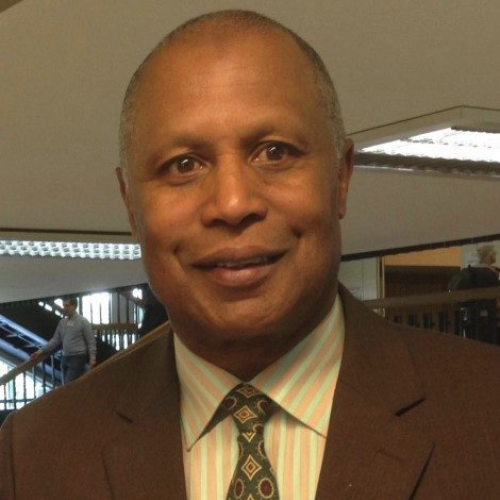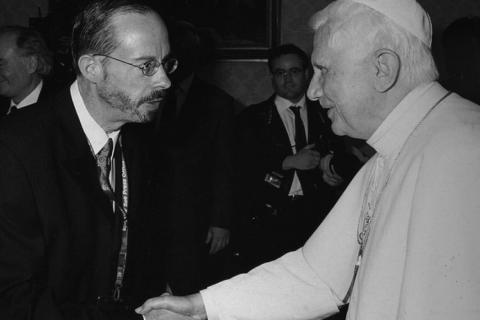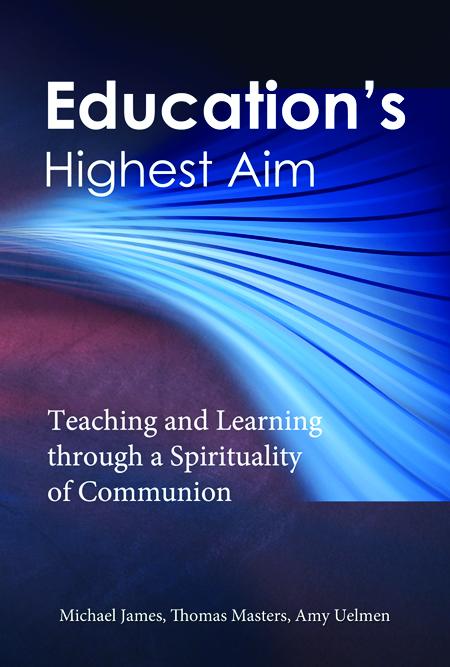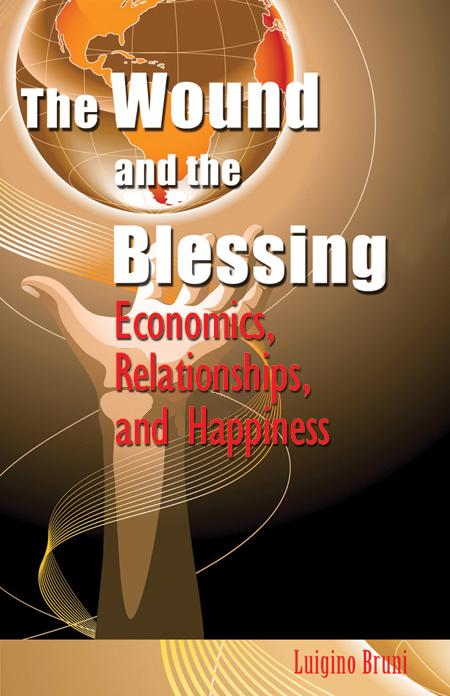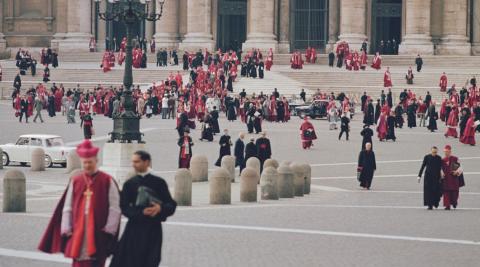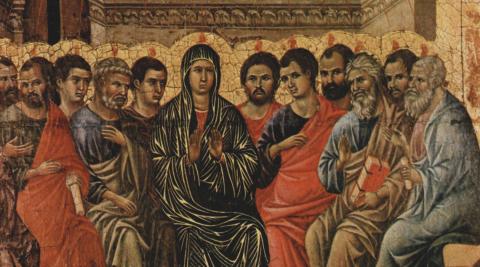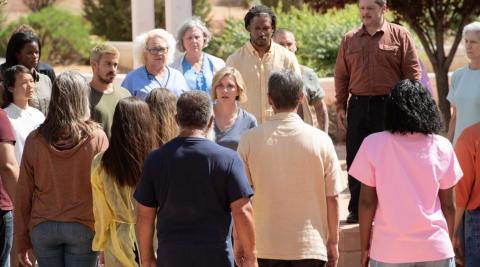That worldview is disrupted when Samawi meets a foreign teacher who presents him with a transformational experience found within a singular book, the Bible.
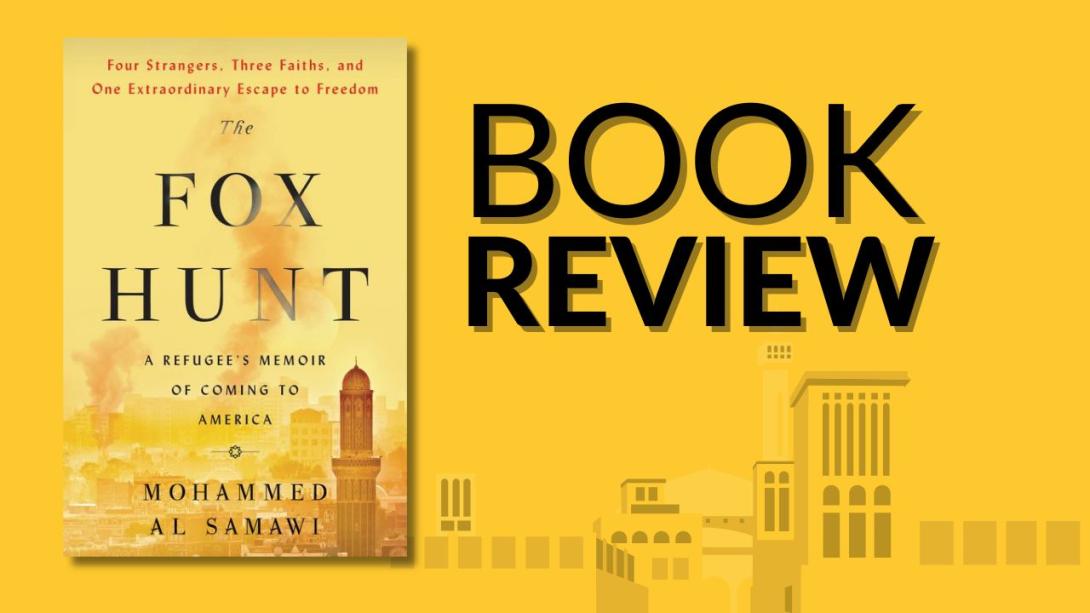
Fox Hunt Cover
Mohammed Al Samawi’s Fox Hunt: A Memoir of Yemen and My Odyssey to America is a fascinating glimpse into a world seldom seen by Westerners: fraught with uncertainty, in a community on the brink of civil war, leading to serendipitous interfaith dialogue with Jews and Christians, who ultimately save the protagonist’s life.
Samawi meticulously reveals his traditional Muslim childhood in Northern Yemen, during the peaceful days when Sunni and Shia were just Muslims, sharing the same country and the same religion (from the year 800 until the 1950ies). His early formal and informal education demonized Jews, casting them as an open adversary to everything sacred in Islam. Like so many others, these early lessons served as foundational pieces, eventually guiding many aspects of life.
That worldview is disrupted when Samawi meets a foreign teacher who presents him with a transformational experience found within a singular book, the Bible.
Samawi is initially consumed by the Old Testament and its prophetic figures, which closely resemble his holy book, the Qur’an. After reading the entire Bible, Samawi is no longer satisfied with abstractly studying the contradictions growing in his mind. The next logical step is to intentionally assess those mental schisms, which leads him to a series of interfaith meetings outside Yemen. He has to go to great lengths to cultivate these interfaith experiences, since there were no longer Jews in Yemen caused by vitriol pointed directly at the Jewish community.
He comes of age as a young man through these interfaith meetings and develops a network of cross-cultural friends who provide the safety net for him to escape the civil war in Yemen. Unfortunately, he cannot share what he has learned about Christians and Jews because of the deep suspicion in Yemen of any Muslim having conversations with Jews.
His modest attempt to start a conversation between Muslims in Yemen and some of his interfaith friends in other countries makes him a target. He is subsequently labeled a spy for the Jews, all the while alienating friends and family.
When former classmates learn of his new associates, Samawi leaves his home in Sana’a to protect his family. He moves to Aden, his mother’s home, in the south, unaware of the dangers which will follow him. Shortly after arriving in Aden, the civil war escalates, with Al Qaeda and Sunni militia fighting for control of the airport and the seaports of Aden.
The Houthis, at the same time, are fighting for control of Sana’a, in the north. As the death toll mounts, the narrative transitions to Samawi’s survival story, while also detailing his efforts to engage his interfaith connections to support his escape.
His life as a child and young man, in a traditional Middle Eastern patriarchal family, is clearly presented. Samawi highlights his parents’ role in choosing a mate. The author also painstakingly explains the geopolitical powers behind the civil war, i.e., Iran and Saudi Arabia. There is a sobering discussion of why this poor country matters to these two Middle East powers. Samawi explains Yemen’s position on the Red Sea, proximity to the Suez Canal and its corresponding strategic significance to the region and the world.
The author also paints a vivid picture of survival in a country slipping into civil war and the desperate living conditions, when gunfire and explosions are perpetual components of the soundscape. The reader is haunted by the stirring images of his meager food supplies when he is forced to stay in his apartment because of his appearance and dialect. These Shia markers prevent him from leaving to get food for fear that the Sunnis, who control the streets in Aden, will quickly identify him as a Shia and kill him on the spot.
A crucial tool for Samawi during his ordeal is the battery in his phone, which allows him to stay in touch with his interfaith friends. The cellphone battery serves as a metaphor for the lifesaving impact the new community has on his physical and spiritual wellbeing.
Once he arrives in America and begins speaking to college audiences about his journey and the conflict in Yemen, he finds the courage to call his family in Yemen. His mother, who once condemned him for his interfaith adventures, can only offer “thanks” to the Jewish man who saved her son’s life.


